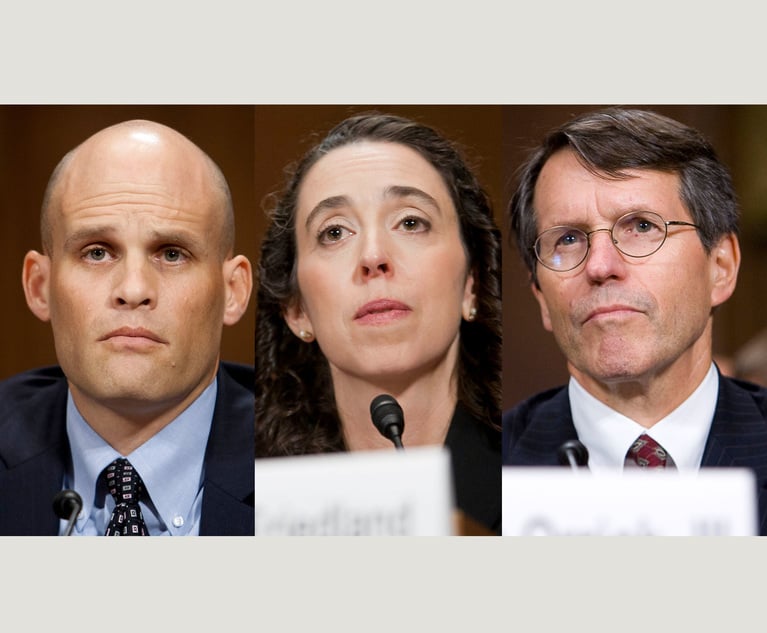On November 6th, the Eighth Circuit upheld an injunction against Arkansas’s revised statutory prohibition of panhandling, but split on the question of whether the district court should have  enjoined the enforcement of the prohibition on a statewide basis. The merits ruling is the latest in a series of decisions invalidating typical panhandling ordinances in the wake of a 2015 decision of the U.S. Supreme Court (Reed v. Town of Gilbert, 135 S. Ct. 2218) that embraced a broader view of content discrimination. But the dissent of Judge David Stras on the question of whether the state should have been barred from enforcing the law against “everyone else” may increase the chances of Supreme Court review.
enjoined the enforcement of the prohibition on a statewide basis. The merits ruling is the latest in a series of decisions invalidating typical panhandling ordinances in the wake of a 2015 decision of the U.S. Supreme Court (Reed v. Town of Gilbert, 135 S. Ct. 2218) that embraced a broader view of content discrimination. But the dissent of Judge David Stras on the question of whether the state should have been barred from enforcing the law against “everyone else” may increase the chances of Supreme Court review.
Since the 1980s, the Supreme Court has treated asking for charitable donations as protected First Amendment activity. Sec’y of State of Maryland v. Joseph Munson Co., 467 U.S. 947 (1984); Vill. of Schaumburg v. Citizens for a Better Environment, 444 U.S. 620 (1980). But until 2015, lower courts were split on the question of whether panhandling ordinances are content-based laws that are subject to strict scrutiny. Although the Second, Fourth, Sixth, and Ninth Circuits had invalidated such laws (Speet v. Schuette, 726 F.3d 867 (6th Cir. 2013); Clatterbuck v. City of Charlottesville, 708 F.3d 549 (4th Cir. 2013); ACLU v. Las Vegas, 466 F.3d 784 (9th Cir. 2006); Loper v. N.Y. City Police Dep’t, 999 F.2d 699 (2d Cir. 1993)), other courts of appeals—including the First Circuit, in a decision written by retired Justice Souter, and the Eighth Circuit—had upheld such laws (Thayer v. City of Worcester, 755 F.3d 60 (1st Cir. 2014) (Souter, J.); see also Gresham v. Peterson, 225 F.3d 899 (7th Cir. 2000); Smith v. City of Fort Lauderdale, 177 F.3d 954 (11th Cir. 1999); ISKCON of Potomac v. Kennedy, 61 F.3d 949 (D.C. Cir. 1995); ACORN v. St. Louis Cty., Mo., 930 F.2d 591 (8th Cir. 1991)).
This content has been archived. It is available through our partners, LexisNexis® and Bloomberg Law.
To view this content, please continue to their sites.
Not a Lexis Subscriber?
Subscribe Now
Not a Bloomberg Law Subscriber?
Subscribe Now
LexisNexis® and Bloomberg Law are third party online distributors of the broad collection of current and archived versions of ALM's legal news publications. LexisNexis® and Bloomberg Law customers are able to access and use ALM's content, including content from the National Law Journal, The American Lawyer, Legaltech News, The New York Law Journal, and Corporate Counsel, as well as other sources of legal information.
For questions call 1-877-256-2472 or contact us at [email protected]









